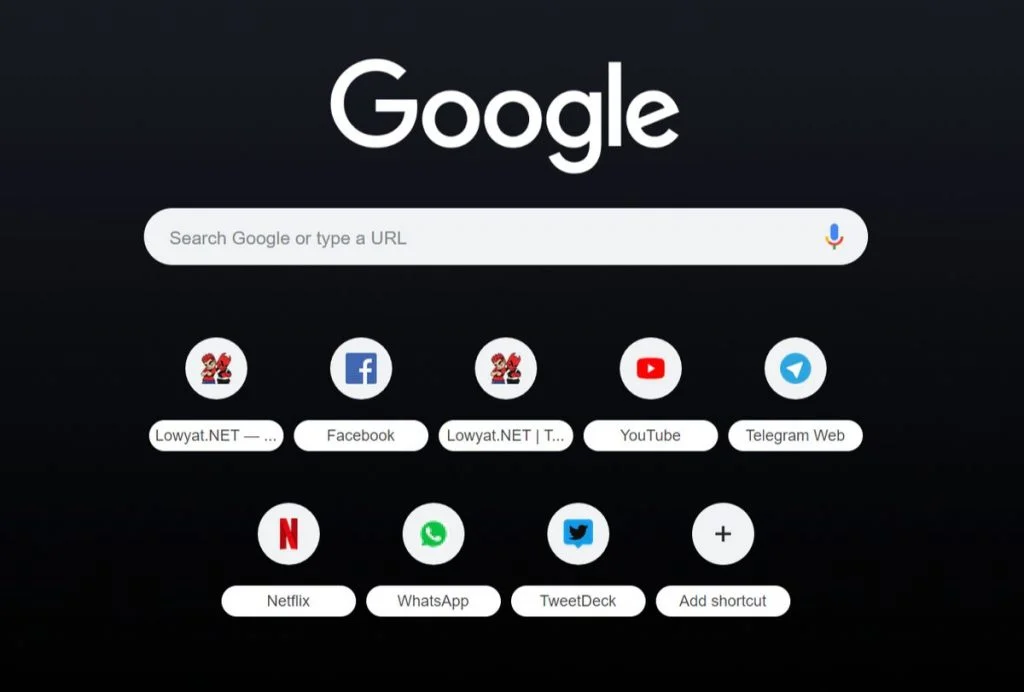Google made the announcement as part of a larger accessibility update across its products, in conjunction with Global Accessibility Awareness Day. For the feature, the internet search giant highlights people with dyslexia and language learners as primary beneficiaries, but in reality even the simply clumsy can stand to benefit from this.
There’s no detailed explanation as to the way this works. But presumably when you type in a URL but before you hit the enter key, Google Chrome will present you with a few options when it detects a typo. This also likely needs you to have visited the website before – and not purging your browsing history – since announcement says “making it easier to get to a previously visited website despite spelling errors”. In the announcement, Google says that this feature is now available on the desktop version of the Chrome browser, but we don’t yet have access to it, indicating the usual gradual rollout. More importantly, the company says that this “will roll out to mobile in the coming months”. Chances are this is where it’s likely to be more appreciated than desktop, when a keyboard is available. As mentioned earlier, the Google Chrome URL typo correction is just a small part of a wider accessibility rollout. Other improvements include the expanding of Live Caption availability for Android devices and languages, and the addition of wheelchair-accessible indicators for places on Google Maps. AI naturally makes an appearance, being used to generate more helpful captions and alt-text for images shared on the internet. (Source: Google)

